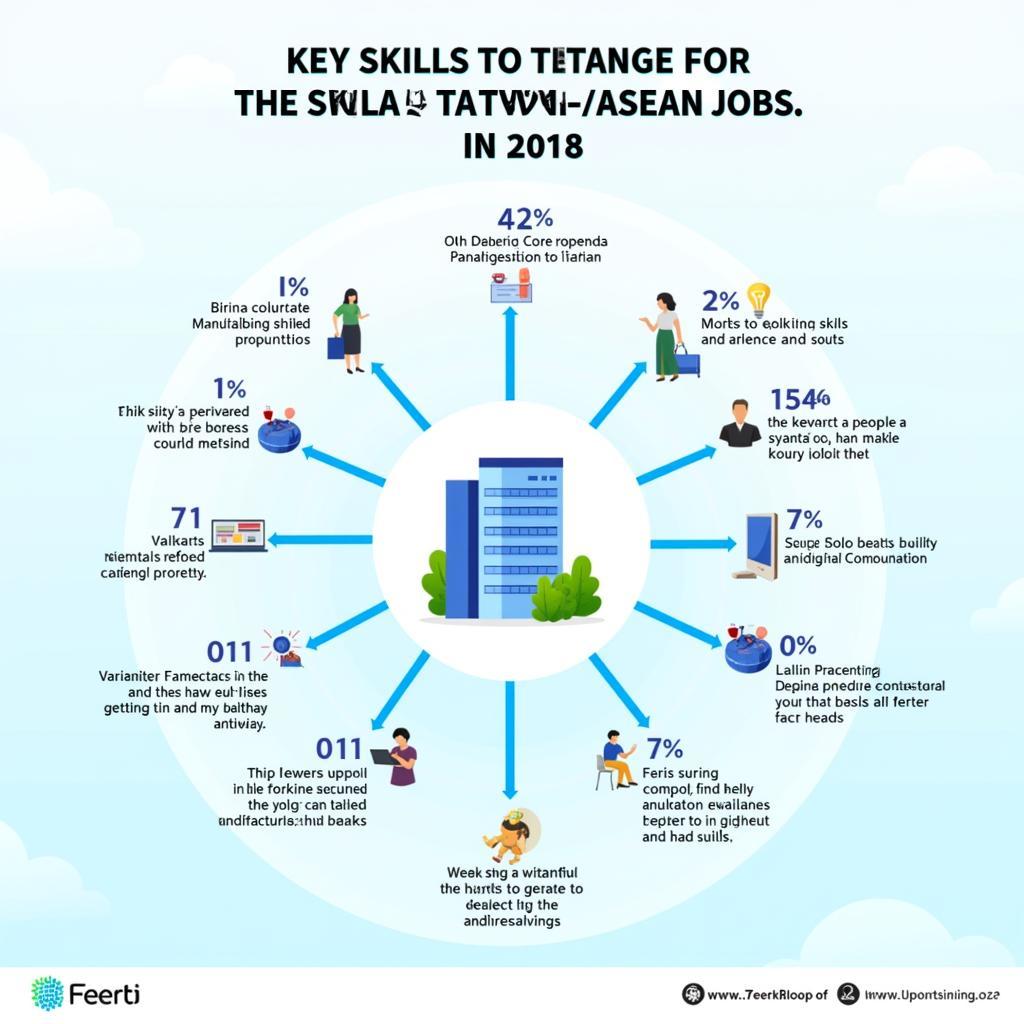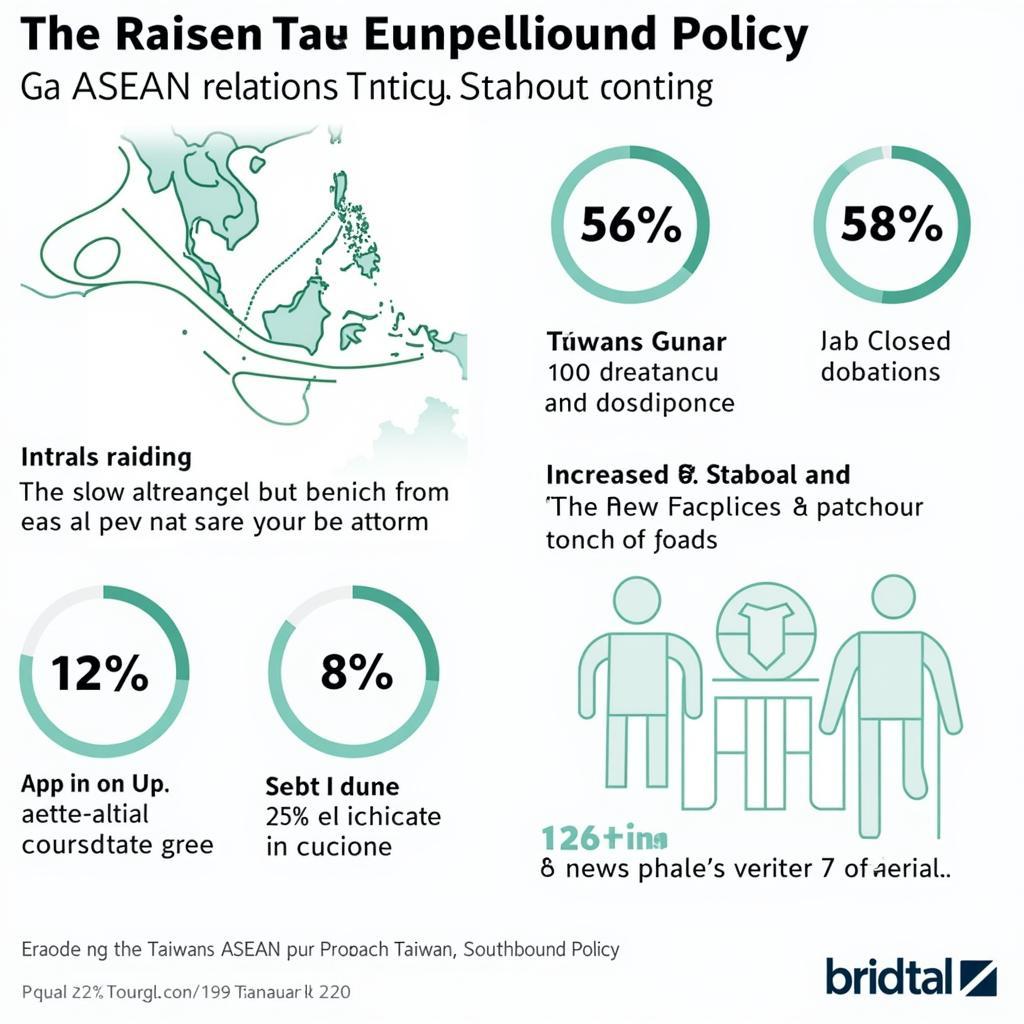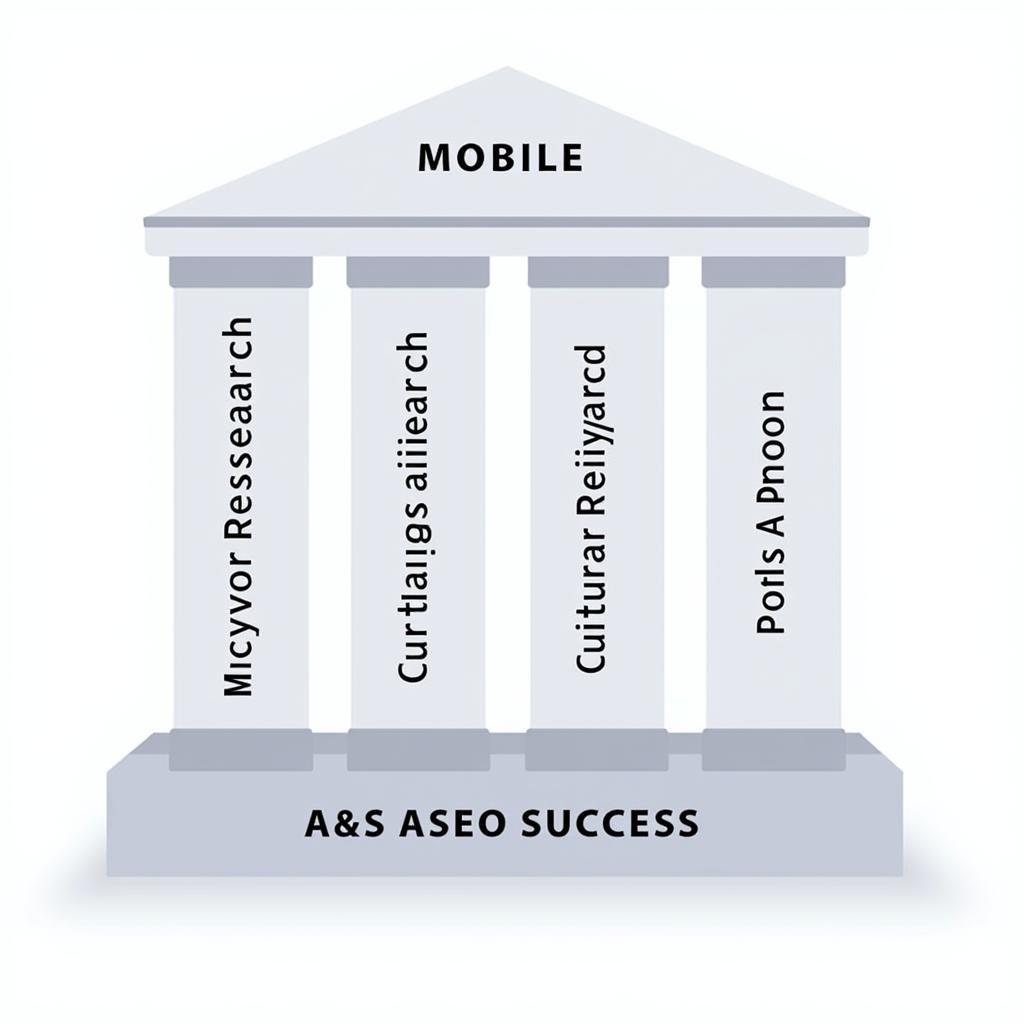ASEAN Taiwan hiring in 2018 reflected a growing trend of Taiwanese businesses expanding into Southeast Asia. This interest stemmed from several factors, including rising labor costs in mainland China, the New Southbound Policy, and the burgeoning ASEAN market. Businesses across diverse sectors, from manufacturing to technology and services, sought skilled workers to facilitate their regional expansion.
Exploring Taiwan’s Hiring Focus in ASEAN in 2018
Taiwanese companies were actively recruiting talent across ASEAN member states in 2018. The focus was often on skilled professionals, managers, and technicians, especially in sectors aligned with Taiwan’s strengths like electronics, information technology, and manufacturing. Language skills, particularly English and Mandarin, were highly valued. Cultural adaptability and an understanding of the ASEAN business landscape were also considered crucial for successful candidates.
This hiring trend represented a significant opportunity for ASEAN professionals seeking international career experience and competitive salaries. It also contributed to skill development and knowledge transfer within the region, fostering economic growth and collaboration between Taiwan and ASEAN. Looking back, 2018 was a pivotal year in solidifying the economic partnership between these two dynamic regions.
 Taiwan-ASEAN Business Partnership in 2018
Taiwan-ASEAN Business Partnership in 2018
Key Sectors and Skillsets in Demand
Taiwanese companies primarily focused on hiring for roles in manufacturing, particularly in the electronics and semiconductor industries. Demand for IT professionals, including software developers, engineers, and project managers, was also high. Furthermore, the growing service sector in ASEAN, including tourism, hospitality, and finance, attracted Taiwanese investment and created job opportunities for skilled professionals in these fields.
Beyond technical expertise, soft skills played a crucial role in candidate selection. Strong communication skills, adaptability, problem-solving abilities, and teamwork were highly sought after. This emphasis on soft skills highlighted the importance of well-rounded professionals who could thrive in a multicultural and rapidly evolving business environment.
 In-demand Skills for Taiwan-ASEAN Jobs in 2018
In-demand Skills for Taiwan-ASEAN Jobs in 2018
The Impact of the New Southbound Policy on ASEAN Taiwan Hiring 2018
The New Southbound Policy, launched by the Taiwanese government, played a significant role in driving investment and hiring trends in 2018. This policy aimed to strengthen economic and cultural ties with ASEAN countries, creating a mutually beneficial partnership. As a result, Taiwanese businesses were incentivized to expand into the region, leading to increased hiring of local talent.
The New Southbound Policy also facilitated educational and cultural exchanges, fostering deeper understanding and collaboration between Taiwan and ASEAN. This created a more conducive environment for Taiwanese companies operating in the region, facilitating smoother integration and successful business operations.
“The New Southbound Policy created a win-win situation for both Taiwan and ASEAN,” says Dr. Lin Wei-ting, an economist specializing in Asian trade. “It fostered economic growth and job creation in the region while providing Taiwanese businesses with access to a dynamic and rapidly expanding market.”
 Impact of the New Southbound Policy on ASEAN Taiwan Hiring
Impact of the New Southbound Policy on ASEAN Taiwan Hiring
Conclusion
ASEAN Taiwan hiring in 2018 marked a significant step in the strengthening economic relationship between the two regions. Driven by factors like the New Southbound Policy and the attractive ASEAN market, Taiwanese companies actively sought skilled professionals across diverse sectors. This hiring trend benefited both Taiwanese businesses and ASEAN talent, contributing to economic growth and fostering a mutually beneficial partnership. While 2018 was a key year, the trend of collaboration and hiring continues to evolve and strengthen, promising a vibrant future for the Taiwan-ASEAN partnership.
FAQ
- What sectors were most actively hiring in 2018? Manufacturing, IT, and services were key sectors.
- What skills were in high demand? Technical skills in the relevant sectors, along with strong soft skills like communication and adaptability.
- How did the New Southbound Policy impact hiring? It incentivized Taiwanese companies to invest and hire in ASEAN.
- What were the benefits for ASEAN workers? Increased job opportunities, competitive salaries, and international career experience.
- What languages were highly valued? English and Mandarin were particularly beneficial.
- What were the key factors driving Taiwan’s interest in ASEAN? Rising labor costs in China, the New Southbound Policy, and the growing ASEAN market.
- What cultural aspects were important for candidates? Adaptability and understanding of the ASEAN business landscape.
Need further assistance?
For any inquiries regarding Asean Media’s resources and support, please contact us:
Phone: 0369020373
Email: [email protected]
Address: Thôn Ngọc Liễn, Hiệp Hòa, Bắc Giang, Việt Nam
Our customer service team is available 24/7 to assist you.


